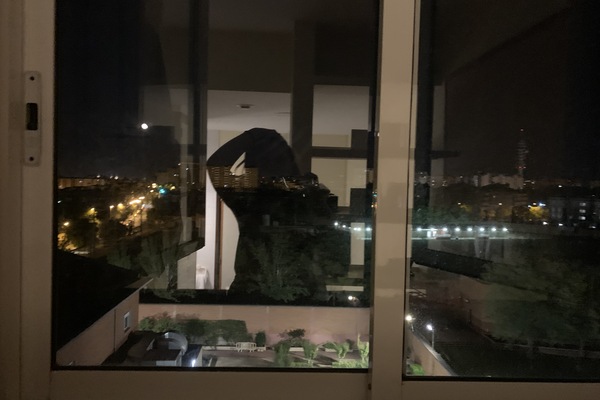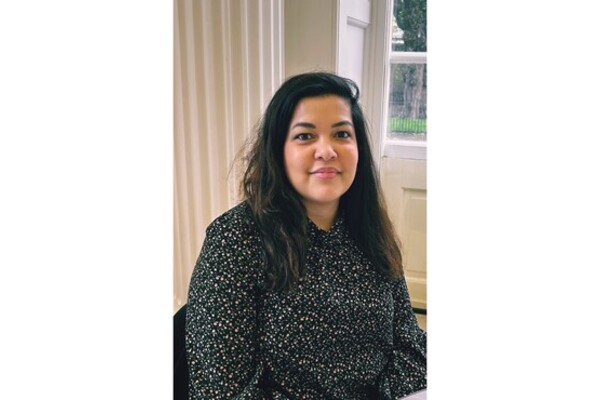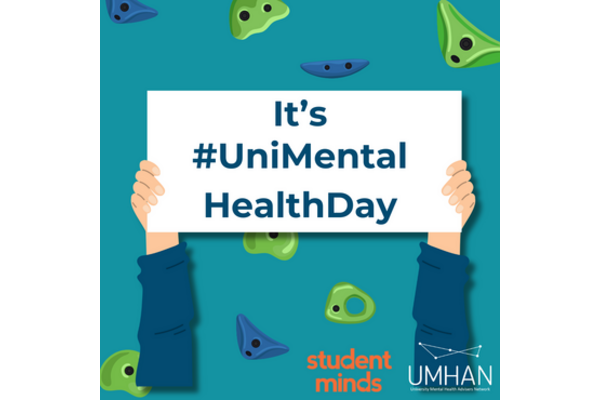This blog post is written by recent graduate volunteer Evie Wynn. She talks about her own mental health and how she found support at university.
You can read more from Evie on her own blog http://eviepondering.blogspot.com
I started volunteering for the University Mental Health Advisers Network in October, and one of the main reasons I wanted to get involved was because of the mental health support I received whilst at university. That’s why I’m taking part in the ‘I Chose to Disclose’ campaign. If more positive stories are shared, more students are encouraged to reach out and get the support they need, and the amazing work of these professionals and the lives they impact doesn’t go unrecognised.
I had struggled with my mental health before university, but going through that big life change of moving away from home, spending more time on my own, and starting a new routine triggered a downturn in my mental health. I had had counselling before, but I knew that something really wasn’t right, and it was time to reach out again.
So, I did.
I knew that being at university entitled me to reach out to the Wellbeing Service, and during my four years at university, I received lots of different kinds of support.
In my second year, the team put me in contact with a Wellbeing Advisor, and we had a few meetings. At the time, I was struggling with anxiety, depression, and obsessive thinking (I was later diagnosed with OCD). These meetings were a safe space for me to feel supported, seen and understood when no one else seemed to. It felt like breathing a sigh of relief. After a few sessions, she referred me to a talking therapies service which eventually led me to getting therapy. I’ve been having therapy for three years, and without her initial push I don’t know how much longer I would’ve put it off for.
At one point in second year I was also referred to the counselling service at the university. I only had one meeting as you had to self-refer for every session, which can be quite difficult. But the session I did have was really good, and I felt like I had more of an understanding of myself afterwards.
The senior tutor of my department played a key role throughout most of my university life. After second year, and spurred on by the Covid disruption, I decided to suspend my studies for a year because I needed time out to get help for my mental health - I had been advised by the NHS that I needed long-term treatment - especially before embarking on my year abroad, a compulsory component of my degree. But I really struggled with the decision to suspend as I’d always been academic, and there was a part of my anxious brain that told me I was taking the easy route out. My senior tutor made me feel more confident and assured that I was making the right decision and she supported me through the process.
She kept supporting me through my year abroad, having regular calls with me, and in my final year. She challenged my view of university and academia, allowing me to take a step back and prioritise what was really important. It’s so easy to get caught up in the restrictive mindset that university is everything, that your life depends on going to every seminar, getting the right grades, and putting 100% of yourself into it all. Of course, you try your best when you can, but the idea that I could miss seminars when I wasn’t feeling up to it was a massive mind shift, and she helped me through that.
From freshers’ week to final year, I heard students talk about the impact that our senior tutor had had on their lives, especially for those doing a year abroad and feeling lonely and isolated. People in these departments do so much behind the scenes.
During my year abroad I also took part in two workshops that the Wellbeing team ran, which were virtual meetings where you’d have discussions and get resources about topics such as managing perfectionism or dealing with a diagnosis. These were a great way of reminding yourself that you are not alone; it came with a sense of community and sharing that was all the more meaningful when I was thousands of miles from home.
When I came back to university for final year, I had support in applying for a Study Support Plan via the Disability Services, something that I had no idea I was eligible for before suspending my studies. This is another reason why campaigns like this and increasing awareness around mental health at university are so important: so that we can know what systems are in place to support people, and we can use them to get the best out of our education.
Through my plan, I had actions put in place like rest breaks during exams and being in smaller rooms, and sympathy towards extensions. The simple fact that my teachers were aware of my illness was so useful. I had disclosed, and they were aware, and so could support me when I needed, and it gave me a sense of relief and safety net.
My plan also meant that I got sessions with a study skills mentor that I met with every week. She helped me to develop techniques with time management and workload, but we also did some work with worry and anxiety, self-compassion and mindfulness. It was useful to put my issues into the academic context and to have that kind of sounding board. She also introduced me to some great resources such as an Assessment Calculator, and the website Unmind, which I used a lot afterwards.
So, you can see from this list that there are lots of kinds of support available, and the people that work behind the scenes are so motivated to help. Of course, sometimes you might not gel with someone, or you may not feel like you’re getting much out of sessions, and I had some sessions that felt more of a box-ticking exercise. But you’re always in control of the support you get and overall, it helped me massively.
The other issue is that students do not always know the support available, or are not always reminded throughout the course of their degree. During my first year, I didn’t know the extent of support that was available to me. But this is why it was so crucial and game-changing for me when I disclosed my illness to the university – it was the first step to being able to thrive in education and maintain that important part of my life and my identity. Because I deserved that, and having a mental health condition shouldn’t hold you back from it.
I Chose to Disclose, and I’m so glad I did.
If you have a story about accessing mental health support at university that you would like to share, you can get involved with the campaign via the UMHAN website.









